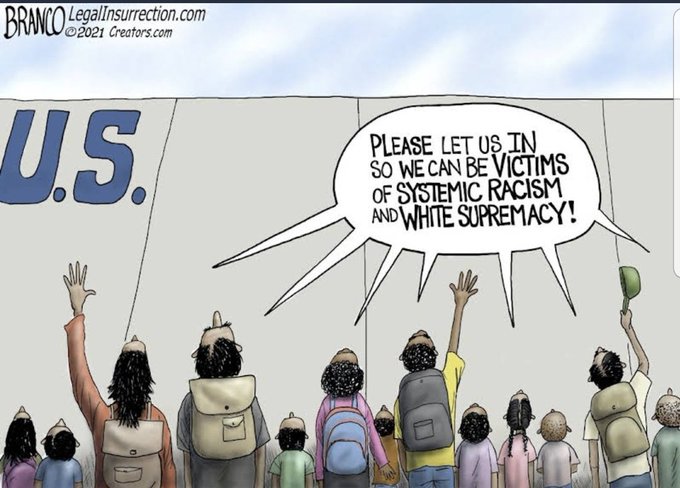When Shakira appeared in front of cameras this week, her eyes red and her voice trembling, she spoke of the constant fear and anxiety she allegedly lives with as an undocumented immigrant. She claimed that despite her global fame, her status leaves her vulnerable and insecure, describing nights spent worrying about her safety and days haunted by the feeling of never truly belonging.
For a brief moment, some of her fans were moved to tears themselves, convinced they were witnessing a raw and unfiltered confession from the pop superstar. But it did not take long for a wave of skepticism and outrage to follow. Critics quickly pointed out how strangely staged the entire display appeared. Instead of using a tissue like any ordinary person might, Shakira was caught on camera dabbing at her cheeks with crisp stacks of polymer bills, creating an image so absurd and surreal that it instantly went viral. Many viewers argued that her “sadness” seemed more like a performance than genuine suffering, with her expressions described as forced, overly dramatic, and more suited to a soap opera than a real-life confession.

This glaring contradiction ignited accusations of hypocrisy. How, they asked, could someone with a net worth in the hundreds of millions dare to cry for pity in front of the world while flaunting such wealth most exaggeratedly? Social media exploded with harsh comments: “She’s not crying because of fear, she’s crying because she wants attention.” Others mocked her openly: “Wiping tears with money—does she think that makes her relatable? It makes her look like a parody of herself.”
The backlash has led many to frame Shakira’s behavior as a betrayal not only of her words, but also of the very people she claimed to represent. Ordinary immigrants, who endure real hardship and insecurity, saw her act as tone-deaf and insulting. To them, her performance trivialized their struggle, turning genuine suffering into a spectacle for sympathy points. The image of Shakira sobbing into cash has since been meme-ified and dissected across timelines, further eroding her credibility in the eyes of the public.
However, the controversy has also sparked an opposing wave of defenders who argue that attacking Shakira so viciously is equally unfair. They note that dismissing her pain by telling her to “shut up” or “be grateful” for her privilege sends a dangerous message—that immigrants, famous or not, must remain silent about their struggles. “In democratic societies, everyone has the right to voice their experiences,” one commentator wrote. “Being wealthy doesn’t erase the challenges of being an immigrant.”
Still, even with these defenses, the damage may already be done. Shakira’s tearful performance has left a lasting mark, not as a moment of vulnerability, but as a symbol of how quickly public sympathy can turn to suspicion. Whether she meant to appear genuine or not, the optics of a multimillionaire crying into money are nearly impossible to shake off. To critics, it is a cruel irony that in trying to highlight her struggles, she instead exposed herself as someone detached from the reality of those she claims to stand beside.

What comes next remains to be seen. Will Shakira address the accusations directly, or will she attempt to ride out the storm in silence? One thing is certain: the image of her wiping away tears with money will continue to circulate, a haunting reminder that in the court of public opinion, perception often matters more than intention. And as the backlash grows louder, the question lingers—was this a heartfelt confession gone wrong, or a calculated performance that backfired spectacularly?


